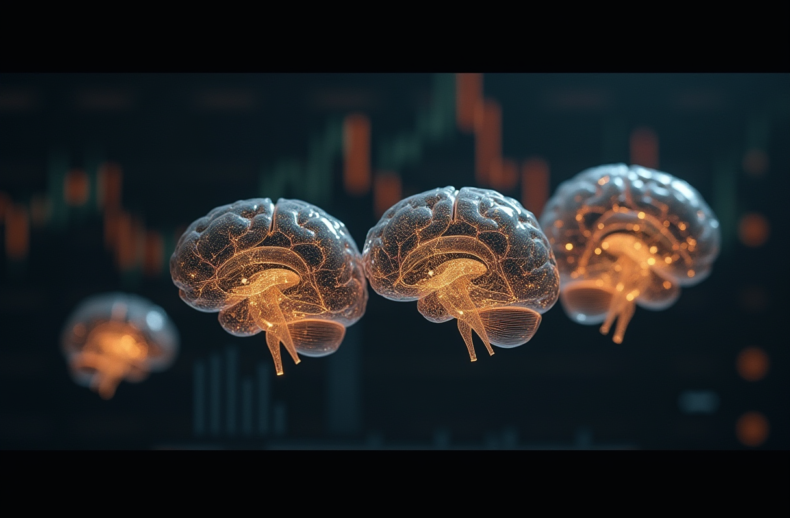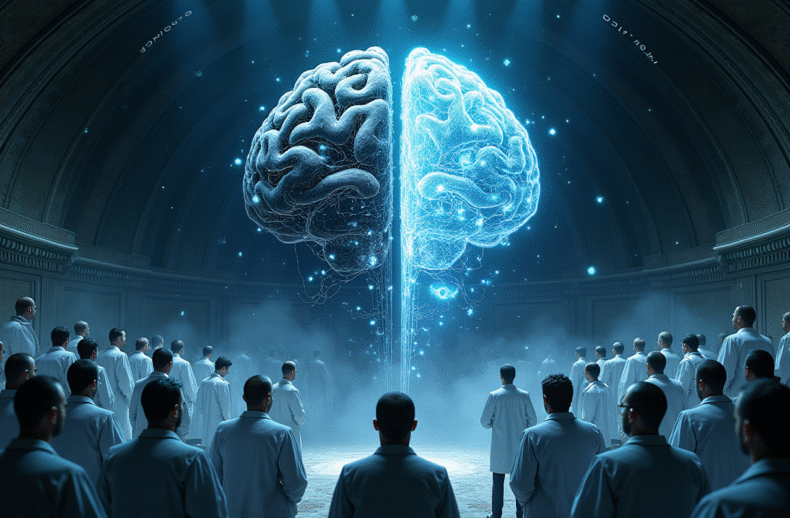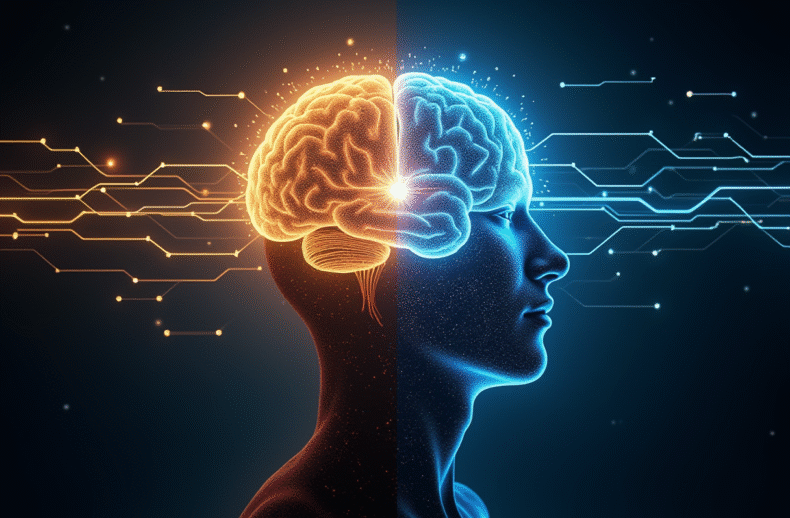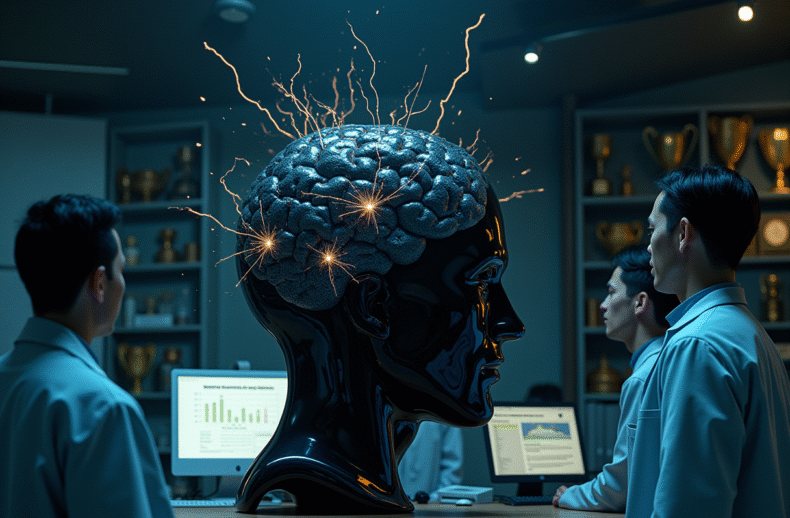Structural neuroimaging consistently reveals small but statistically significant differences in average brain morphology across human populations. These findings are often misinterpreted as evidence of inherent cognitive or behavioral divergence. This essay argues that such inferences are technically invalid. Macro-scale brain measures—such as volume, cortical thickness, and white matter integrity—operate within a functional vacuum: they lack a reliable causal mapping to cognition or behavior. Cognitive capacity arises not from physical bulk, but from the brain’s semantic–associative architecture and its regulation by internal Prediction Feedback. Observed structural differences are therefore best understood as biomarkers of environmental and socioeconomic disparity, not determinants of intelligence or behavioral potential.












